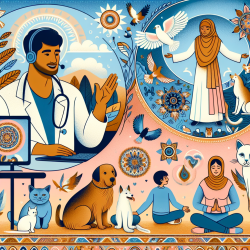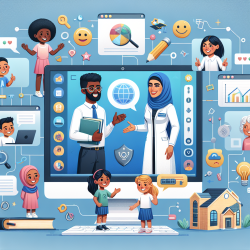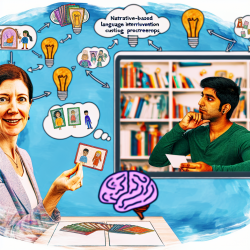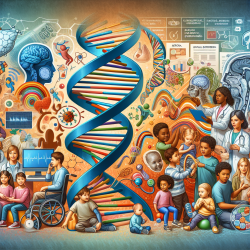Holistic wellness is a concept deeply rooted in the interconnections between humans and the more-than-human world. For Indigenous peoples, animals have traditionally been seen as equitable partners in these interconnected networks, animated with spirit and the ability to act and communicate. This understanding is critical for practitioners looking to enhance their therapeutic skills, especially when working within culturally diverse settings.One insightful research paper, "Strengthening Animal-Human Relationships as a Doorway to Indigenous Holistic Wellness," delves into this profound connection. The study underscores the importance of restoring and supporting these relationships to facilitate healing and holistic wellness for Indigenous communities. Here are some key takeaways for practitioners:
1. Embrace the Concept of All Our Relations
Indigenous wellness is deeply tied to the concept of "all our relations," which includes both human and more-than-human beings. Practitioners should recognize the significance of these relationships and integrate them into therapeutic practices. This holistic approach can help bridge the gap between Western treatment models and Indigenous healing traditions.
2. Utilize Animals as Therapeutic Allies
The research highlights the various roles animals play in the lives of Indigenous peoples, such as messengers, providers, guides, helpers, teachers, protectors, and healers. By understanding these roles, practitioners can incorporate animals into therapy sessions to enhance emotional, mental, and physical well-being. For instance:
- Messengers: Animals can relay messages through dreams or physical interactions, providing clues or warnings.
- Providers: Animals offer sustenance, energy, and traditional medicines, which can be incorporated into healing practices.
- Guides: Animals help individuals make important life decisions and navigate through grief and loss.
- Helpers: Animals support mental wellness and sobriety by offering companionship and emotional support.
- Teachers: Animals teach traditional values and practical skills, reinforcing a cultural worldview.
- Protectors: Animals keep humans safe from physical and spiritual harm.
- Healers: Animals provide love, compassion, and comfort, aiding in the healing process.
3. Incorporate Indigenous Methodologies
The research emphasizes the need for culturally adapted and locally refined workshops that focus on animal-human relationships. Practitioners should consider adopting similar approaches, such as:
- Creating spaces for collective knowledge sharing and storytelling.
- Facilitating intergenerational learning and cultural connectedness.
- Incorporating traditional ecological knowledge and practices into therapy sessions.
4. Foster Ethical Spaces for Collaboration
Building effective and ethical research partnerships with Indigenous communities is crucial. Practitioners should:
- Engage with community members throughout the research process.
- Respect cultural protocols and traditional knowledge.
- Seek approval and support from community leaders and Elders.
5. Advocate for Policy Changes
The findings from this research have practical and policy implications for health services, education, environmental sustainability, and bioresource management. Practitioners should advocate for policies that recognize and support the role of more-than-human beings in holistic wellness.
Conclusion
Integrating the outcomes of this research into therapeutic practices can significantly enhance the effectiveness of health promotion and treatment initiatives. By recognizing and supporting the interconnectedness of human and more-than-human relationships, practitioners can contribute to the holistic wellness of Indigenous communities.To read the original research paper, please follow this link:
Strengthening Animal-Human Relationships as a Doorway to Indigenous Holistic Wellness.










